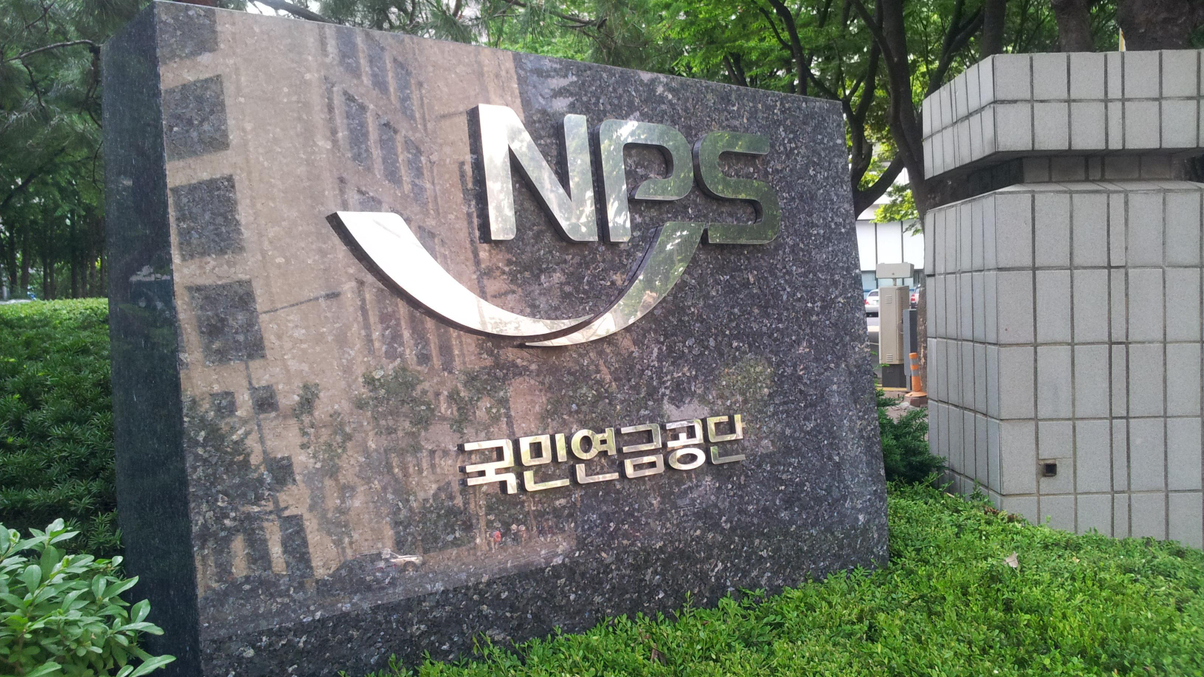UPDATED: Korea’s NPS lags on returns, replaces equity head
The $427 billion pension fund has named a new head of domestic equities amid changes under its new leadership, following underperformance against a range of overseas peers. (The update corrects an error in the ninth paragraph regarding the performance of the MSCI All Country World Index (ex-Korea).)

Korea’s National Pension Service (NPS) has posted significantly lower returns than many other large public pension funds, with local media reports suggesting the state retirement fund needs to improve the efficiency of its fund management.
Sign in to read on!
Registered users get 2 free articles in 30 days.
Subscribers have full unlimited access to AsianInvestor
Not signed up? New users get 2 free articles per month, plus a 7-day unlimited free trial.
¬ Haymarket Media Limited. All rights reserved.


